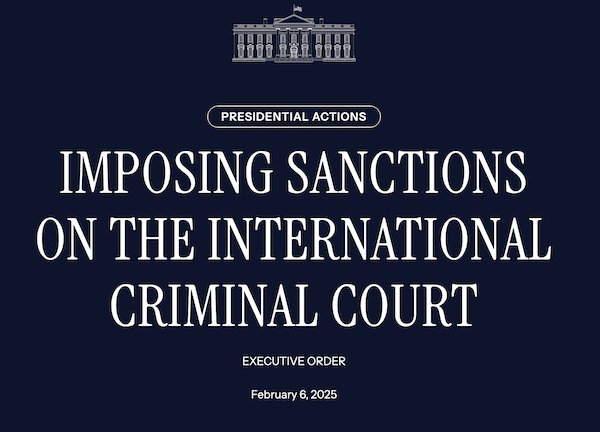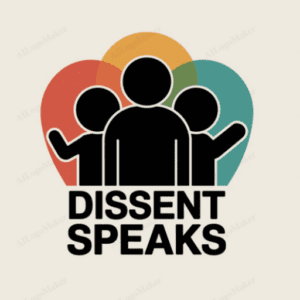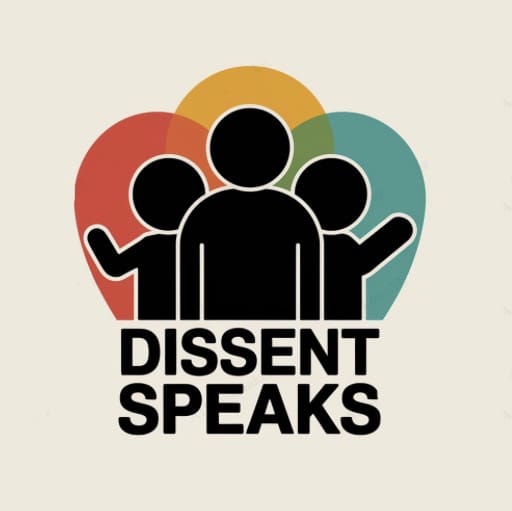
An analysis of the February 6, 2025 executive order imposing sanctions on the International Criminal Court
On February 6, 2025, President Donald Trump issued an executive order imposing sweeping sanctions on the International Criminal Court (ICC), marking a significant escalation in the United States’ opposition to international oversight. This action, taken in response to the ICC’s investigations involving Israel and the United States, raises profound questions about international justice, sovereignty, and America’s role in the global legal order.
The Order’s Core Elements
The executive order declares a national emergency, citing what it terms “illegitimate and baseless actions” by the ICC. At its heart, the order implements several key measures:
“The United States will impose tangible and significant consequences on those responsible for the ICC’s transgressions, some of which may include the blocking of property and assets, as well as the suspension of entry into the United States of ICC officials, employees, and agents, as well as their immediate family members,” the order states directly.
These sanctions specifically target:
- ICC officials and employees
- Their immediate family members
- Anyone providing material support to ICC investigations
- The freezing of U.S.-based assets
- Visa restrictions and entry bans
The Language of Emergency
The document’s rhetoric deserves careful examination. The order employs strongly charged language, repeatedly using terms like “illegitimate,” “baseless,” and “dangerous precedent.” This choice of words appears deliberately crafted to frame the ICC as an inherent threat rather than an international judicial body.
As the analysis document notes: “The language of the order is highly emotive and designed to frame the ICC as not only legally overreaching but morally deficient. Such rhetoric can incite strong partisan responses and discourage nuanced debate.”
Fact vs. Propaganda Assessment
Several elements of the order merit scrutiny when evaluating its basis in fact versus propaganda:
Factual Elements:
- Neither the U.S. nor Israel is party to the Rome Statute
- The ICC has issued arrest warrants for Israeli officials
- The American Servicemembers’ Protection Act of 2002 exists as cited
Propagandistic Elements:
- The characterization of ICC actions as “malign conduct”
- The assertion that both nations “strictly adhere to the laws of war” without evidence
- The implication that ICC jurisdiction requires explicit consent from non-member states
As Reuters reports confirm the basic facts while noting this move “is a reiteration of similar actions taken during Trump’s first term,” suggesting a pattern of policy rather than response to new threats.
Impact Analysis
Domestic Consequences
The order’s impacts on Americans are multifaceted:
- It potentially limits U.S. participation in international justice mechanisms
- It may affect American academics, lawyers, and others who work with the ICC
- It could complicate international travel and professional relationships for U.S. citizens involved in international law
International Ramifications
The broader consequences are significant:
- Potential retaliatory measures from other nations
- Weakening of international accountability mechanisms
- Possible isolation from allies who support the ICC
As Amnesty International warns in their response: “These sanctions could undermine international accountability mechanisms, weaken the ICC’s capacity to prosecute war crimes, and potentially harm victims who rely on the court for justice.”
Actionable Steps for Concerned Citizens
- Stay Informed
- Follow coverage from multiple sources including Reuters and AP
- Read analysis from international law experts
- Monitor congressional responses and potential legislative actions
- Engage with Representatives
- Contact congressional representatives
- Express concerns about the impact on international justice
- Request oversight hearings on the sanctions’ effects
- Support International Justice
- Connect with organizations working on international criminal justice
- Support legal aid organizations helping victims seek justice
- Share accurate information about the ICC’s role and mandate
- Academic and Professional Engagement
- Attend forums and discussions on international law
- Support academic research on international justice
- Network with professionals in international law and human rights
Conclusion
This executive order represents more than just a policy decision—it’s a statement about America’s relationship with international law and justice. While built on some factual foundations, its language and scope suggest political motivations beyond mere legal concerns. As citizens engage with this issue, maintaining a balanced perspective while advocating for constructive international engagement remains crucial.
The order’s implementation and its long-term effects on both American interests and international justice will likely be subjects of ongoing debate and analysis. As The Independent suggests in their coverage, this action may have lasting implications for “the U.S.’s role in international law and global governance.”
Note: This analysis is based on multiple sources including official documents, news reports from Reuters and AP, and expert analysis from various international organizations.
For the most current information on this developing situation, please consult official sources and reputable international news organizations.

